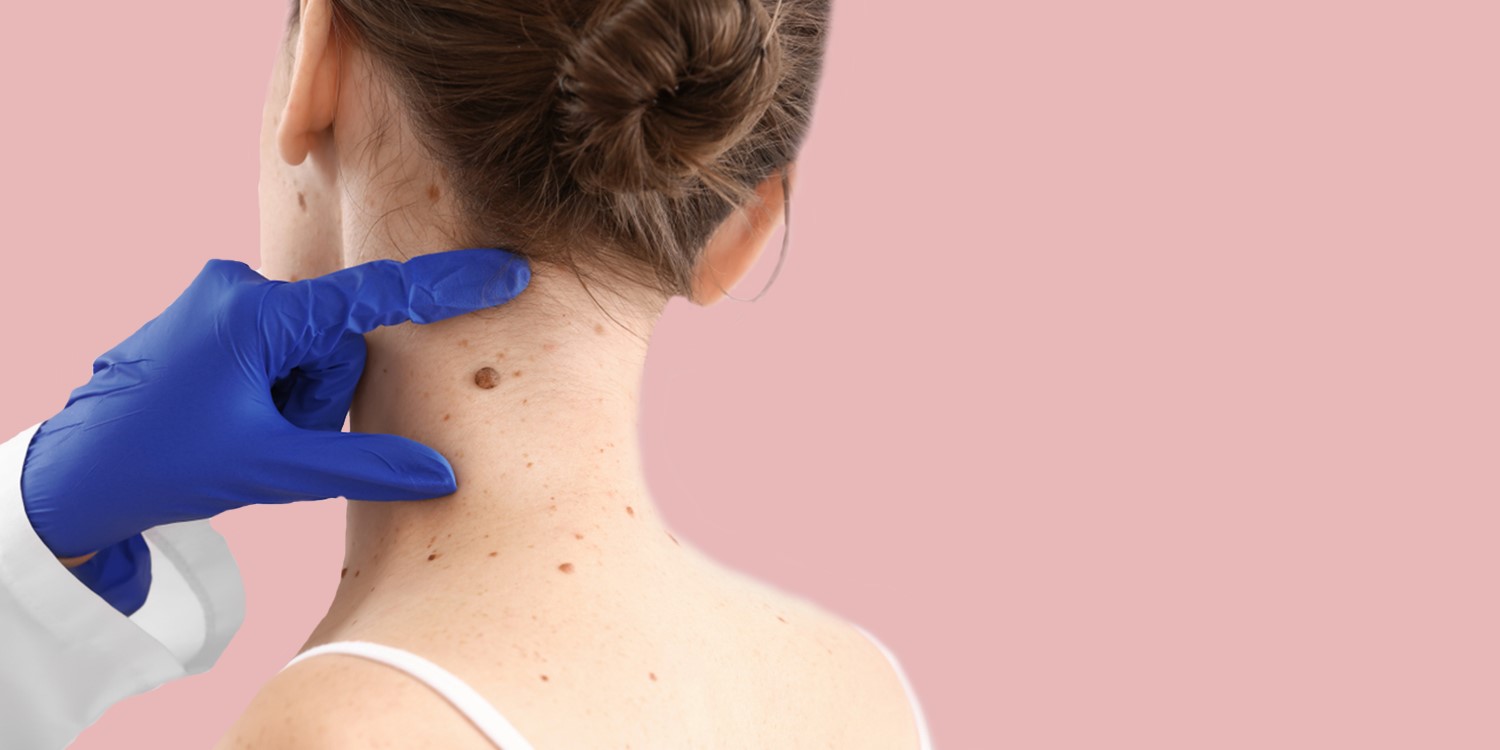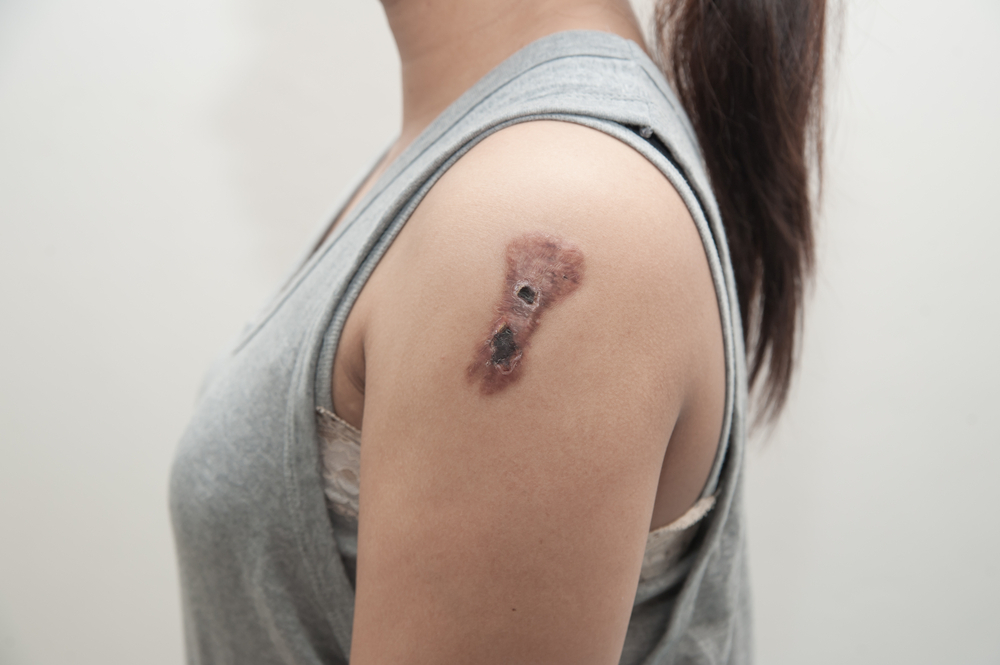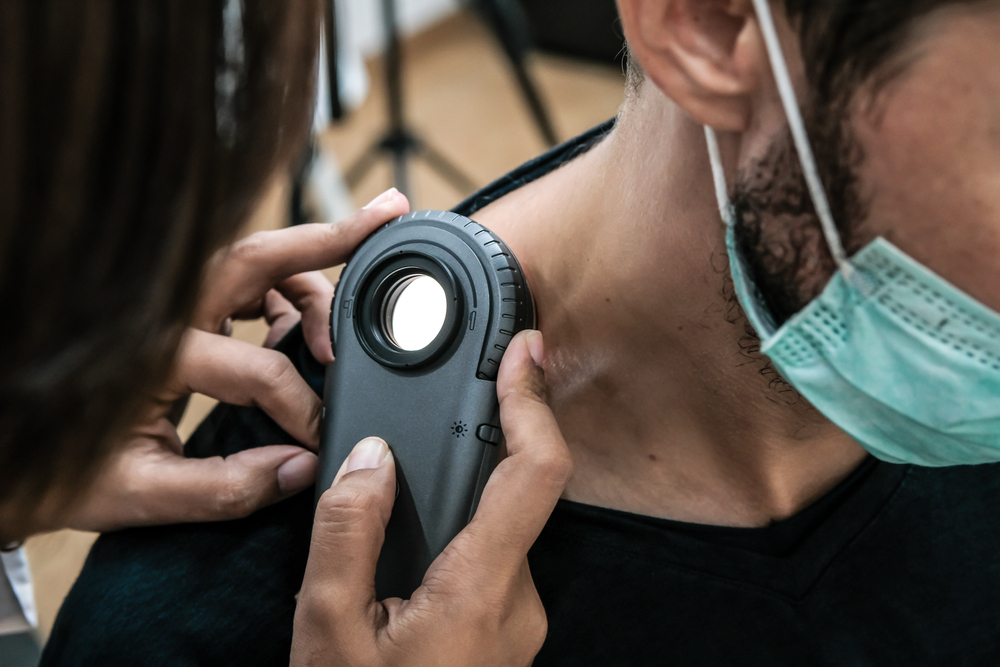Skin Cancer | Dermoscopy
Dr. Aisha Ghias, Lahore’s foremost dermatologist and Pakistan’s first certified Dermascopist, is dedicated to providing comprehensive skin cancer screenings and dermoscopy services. Protect your skin, schedule regular check-ups, and seek expert care to ensure your skin’s health and safety. Dr. Aisha Ghias pioneering work in dermoscopy is transforming the landscape of skin cancer care in Lahore, ultimately saving lives and improving patient outcomes. With her expertise, you can confidently face the challenges of skin cancer prevention and early detection.



